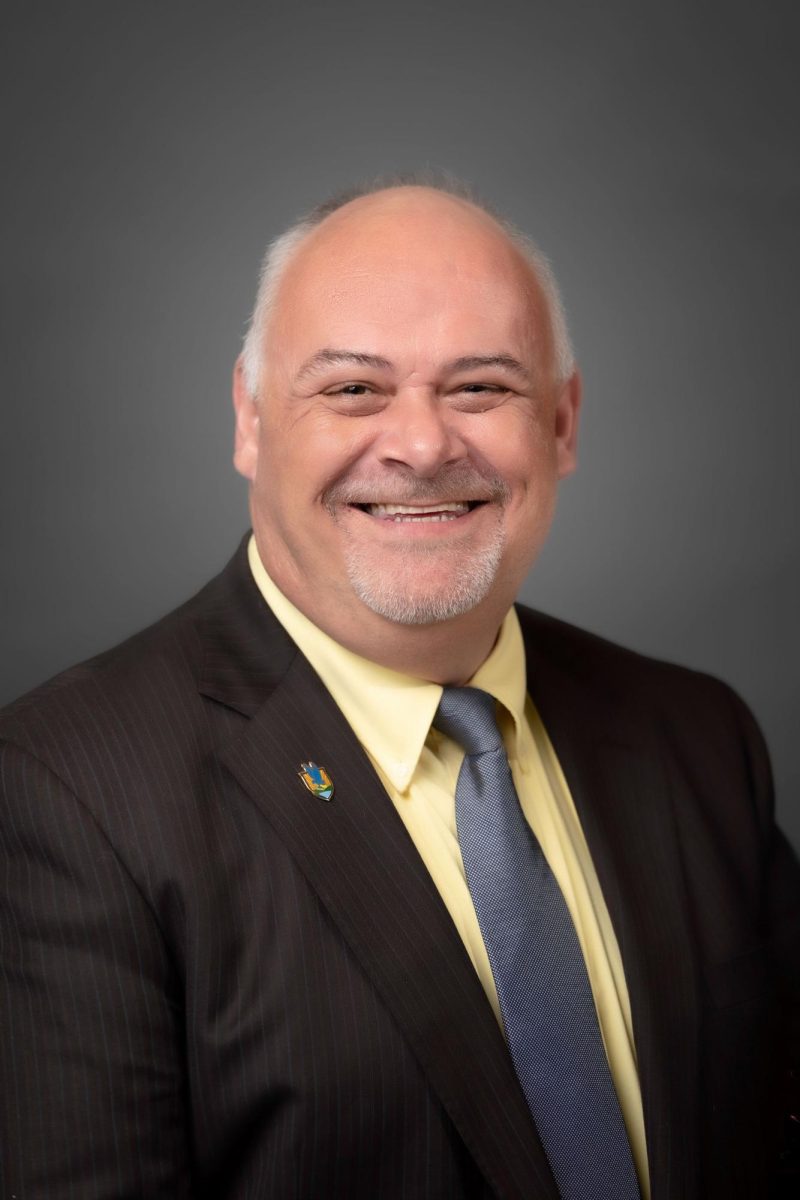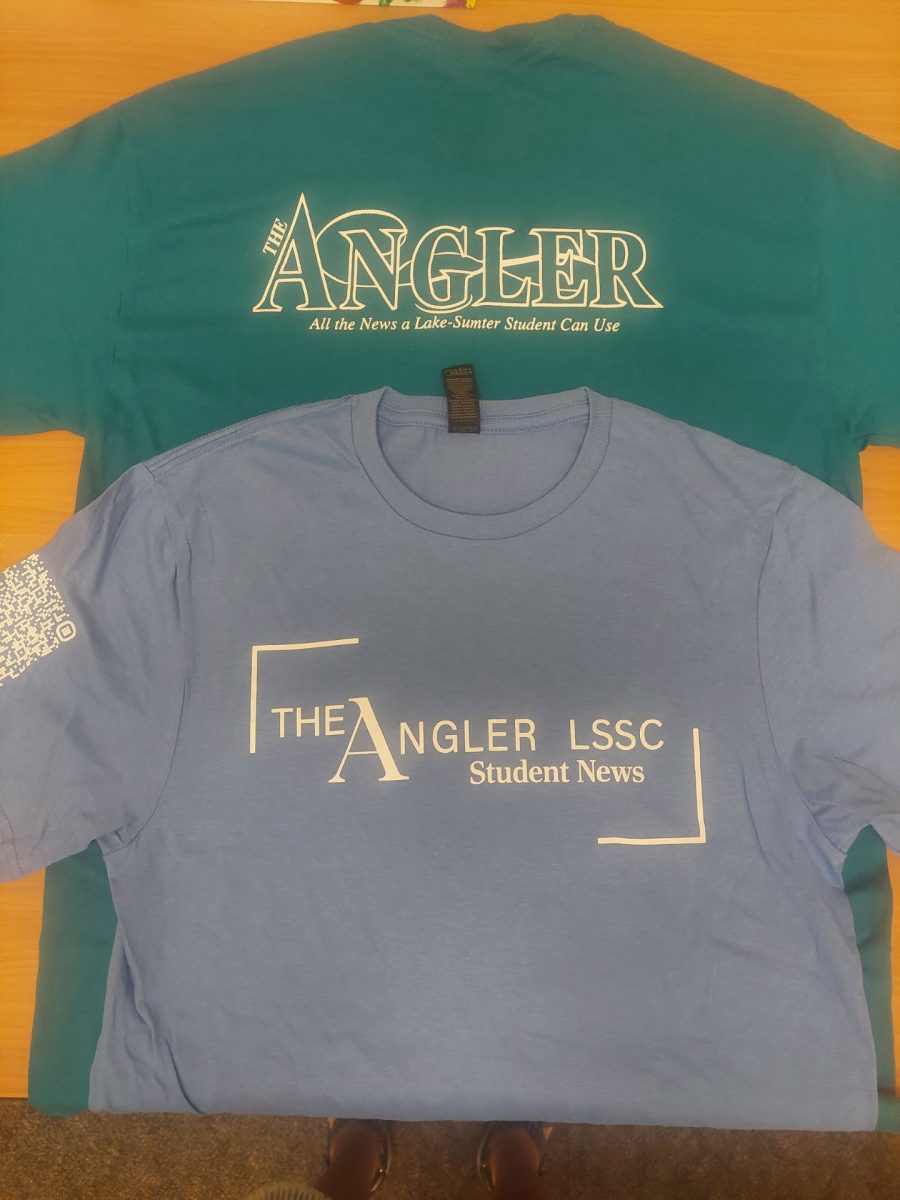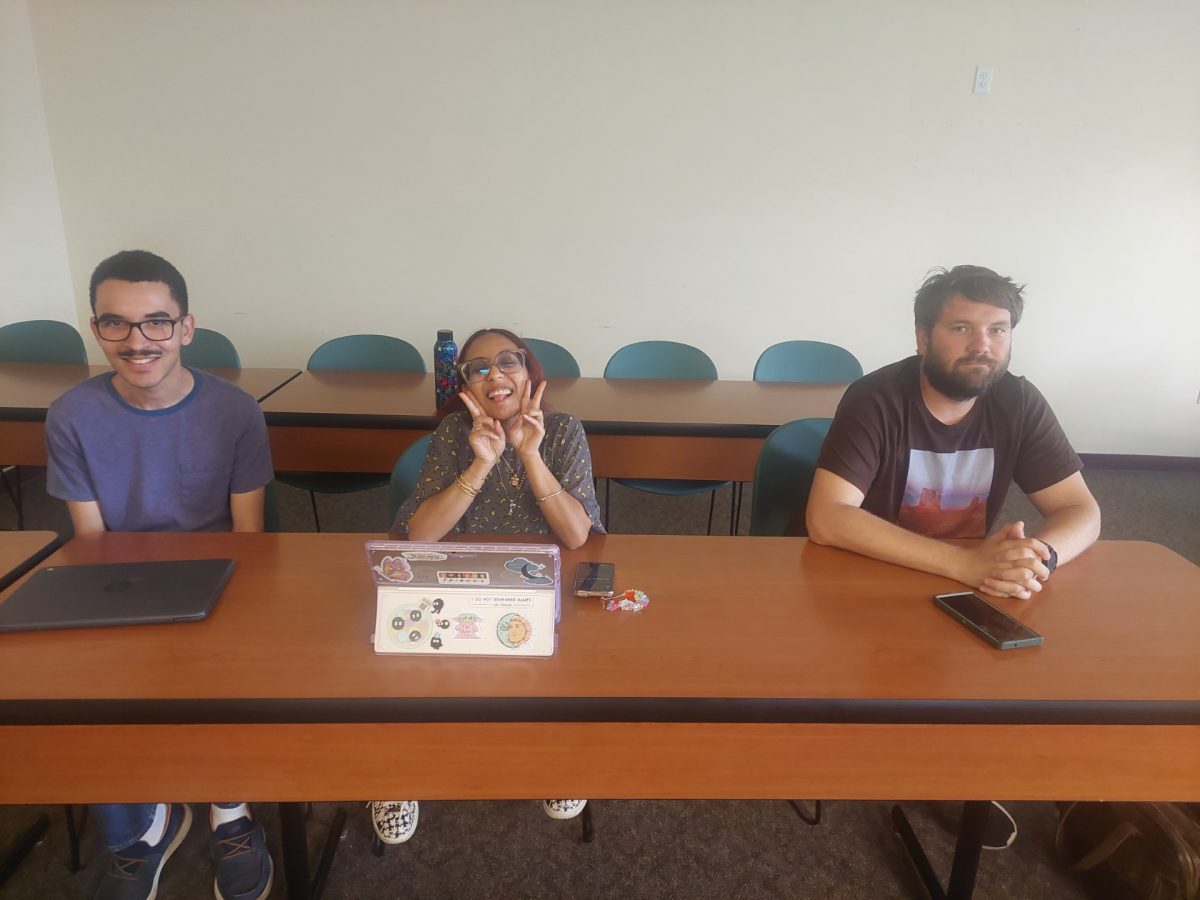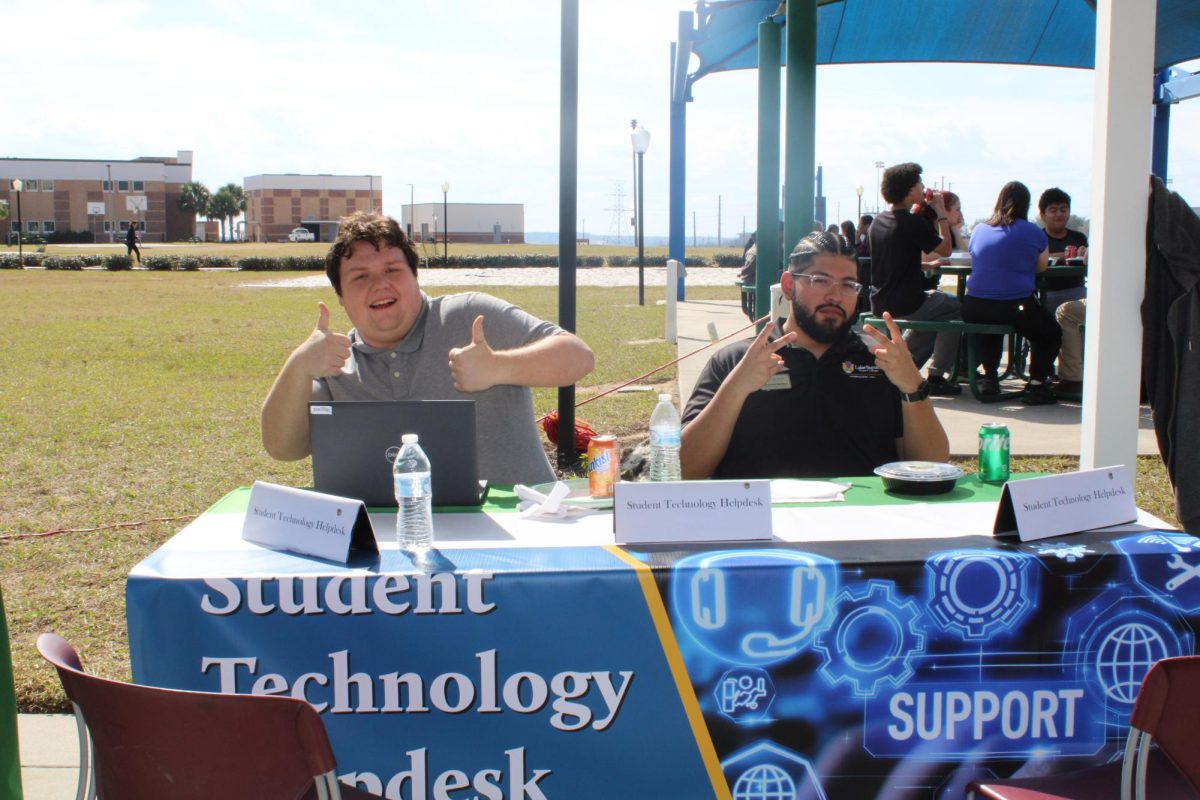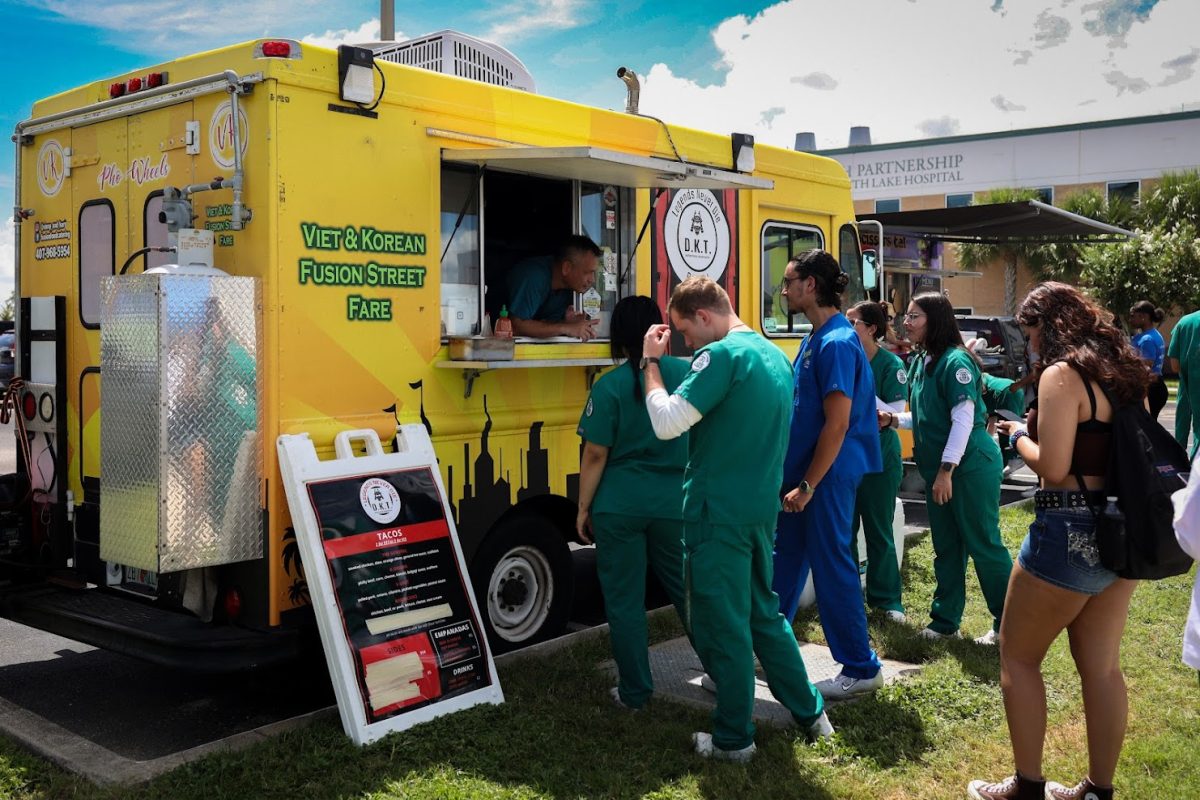I don’t know if you have noticed, but take a look around when you are at a stoplight on the road to see what I mean. Heads down, eyes briefly flickering up to check surroundings, then looking back down at the phone. Driving around with your phone in your hand while your hands are on the steering wheel and your foot is on the gas pedal is dangerous, and is a sign you may have an addiction.
Can you put your phone down and walk away from it while you use the restroom, shower, or sleep? If your hand is permanently cramped from constantly holding your phone, even in slumber, you may have an addiction.
Do you set your phone down when you are having a conversation with someone in real life? If you hold your phone during an in-person conversation and rotate your attention between the conversation and the entertainment on your phone, you may have an addiction.
The National Institute of Health published a PubMed Journal Article that delves into multiple aspects of phone addiction, including the possibility of depression, anxiety, and poor health. You can find that article here: https://pmc.ncbi.nlm.nih.gov/articles/PMC6449671/
While many of us are no longer teens, the study is applicable into young adulthood and highlights the need for students to talk about it.
Humans are resilient and can recover from mistakes, but not if that mistake is a car accident that leads to loss of life. The U.S. Department of Transportation’s National Highway Traffic Safety Administration published an article that details 3,275 distracted driving deaths due to phone usage in 2023. https://www.nhtsa.gov/risky-driving/distracted-driving
You and your friends can take a pledge to drive phone-free, then share on X, LinkedIn, or Facebook.
The fight to end distracted driving starts with you. Make the commitment to drive phone-free today.
- Protect lives by never texting or talking on the phone while driving.
- Be a good passenger and speak out if the driver in my car is distracted.
- Encourage my friends and family to drive phone-free.
Phone addiction is a real and growing problem, and the first step is to admit if there is a problem. There are resources available to help you, including right here at our college. If you need help, contact the Student Assistance Program (SAP) at: https://www.lssc.edu/student-assistance-program-sap/
Send us a shoutout if this resonates with you. We love feedback from our readers!



